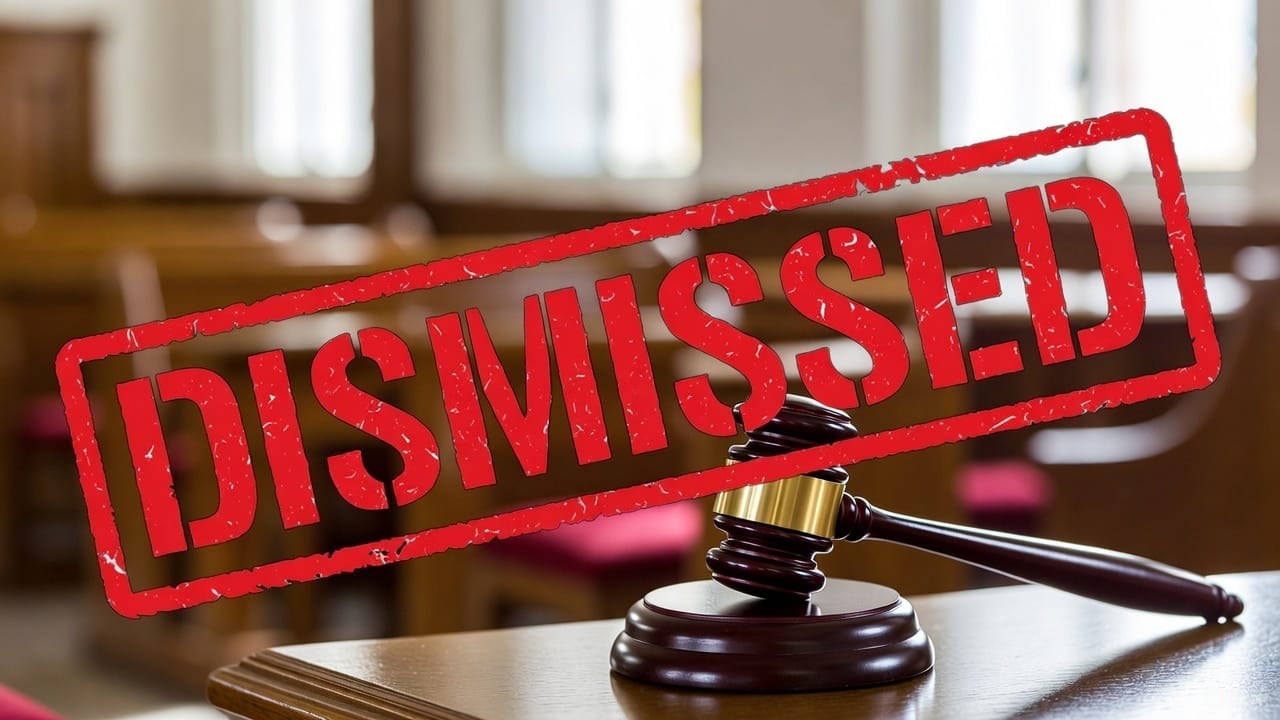- Shortlysts
- Posts
- Federal Judge Dismisses Charges Against Former Attorney General Comey
Federal Judge Dismisses Charges Against Former Attorney General Comey
Federal Judge dismisses charges against former U.S. Attorney General James Comey, ruling prosecutor was unlawfully appointed.

What Happened?
Federal Judge Cameron McGowan Currie issued a ruling Monday that Lindsey Halligan, the prosecutor overseeing the case against former U.S. Attorney General James Comey, was unlawfully appointed and therefore the charges against Comey must be dismissed. When the previous U.S. Attorney for the Eastern District, Eric Siebert, concluded there was insufficient evidence for a criminal case against Comey, President Trump forced Mr. Siebert out of office and appointed Lindsey Halligan as his replacement.
Though the ruling did not stipulate that the Justice Department could not refile the charges with a legally appointed prosecutor, such an effort could run afoul the Constitution’s double jeopardy clause, which prohibits a person from being tried for the same charges more than once.
Why it Matters
The ruling is an embarrassment for the Trump Administration since President Trump has long called for Mr. Comey to be prosecuted. Since the ruling found Ms. Halligan’s appointment as lead prosecutor to be unlawful, it supports claims Mr. Comey made that the case against him was not substantive but politically motivated. The Trump Administration will likely appeal the ruling, but because the ruling was so specific, it is unlikely to be overturned.
Until recently, most U.S. presidents steered clear of the process at the Justice Department, with many presidents refusing to even comment publicly about potential or ongoing cases. The reason was simple, because the mere appearance of presidential involvement could allow someone who was guilty to go free because of undue influence. President Trump has abandoned that norm, and now his actions appear to have undone a case he had called for.
Though Judge Currie’s ruling said nothing about the Justice Department refiling the charges against Comey at a future date, Mr. Comey could challenge any subsequent prosecution as a violation of the Constitution's double jeopardy clause. The double jeopardy clause states that no person can be prosecuted for any crime twice, and if the prosecution makes mistakes that cause the charges to be dropped, that does not create an exception to the rule.
The appointment of U.S. Attorneys requires Senate confirmation, except for temporary vacancies not lasting longer than one hundred and twenty days. Trump Administration lawyers argued that it allowed Ms. Halligan to prosecute the case against Comey as a temporary appointee. But the ruling found that if the President could just re-appoint U.S. Attorneys every one hundred and twenty days, it would create an end run around the confirmation requirement.
How it Affects You
Missteps by the Trump Administration have now made it unlikely that James Comey can be prosecuted for the allegations made against him by President Trump. That doesn’t mean new charges could not be brought, but that would require new evidence as well.